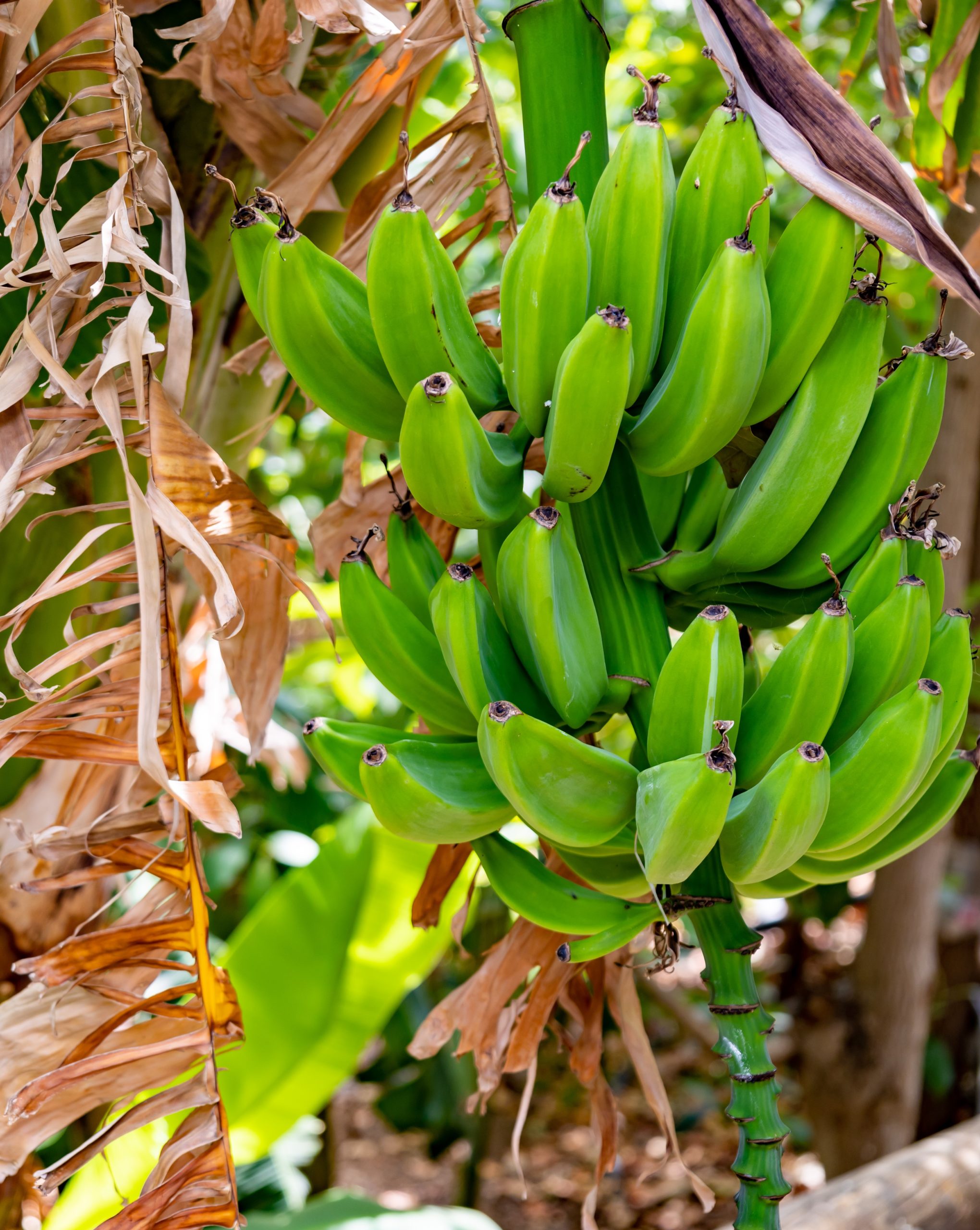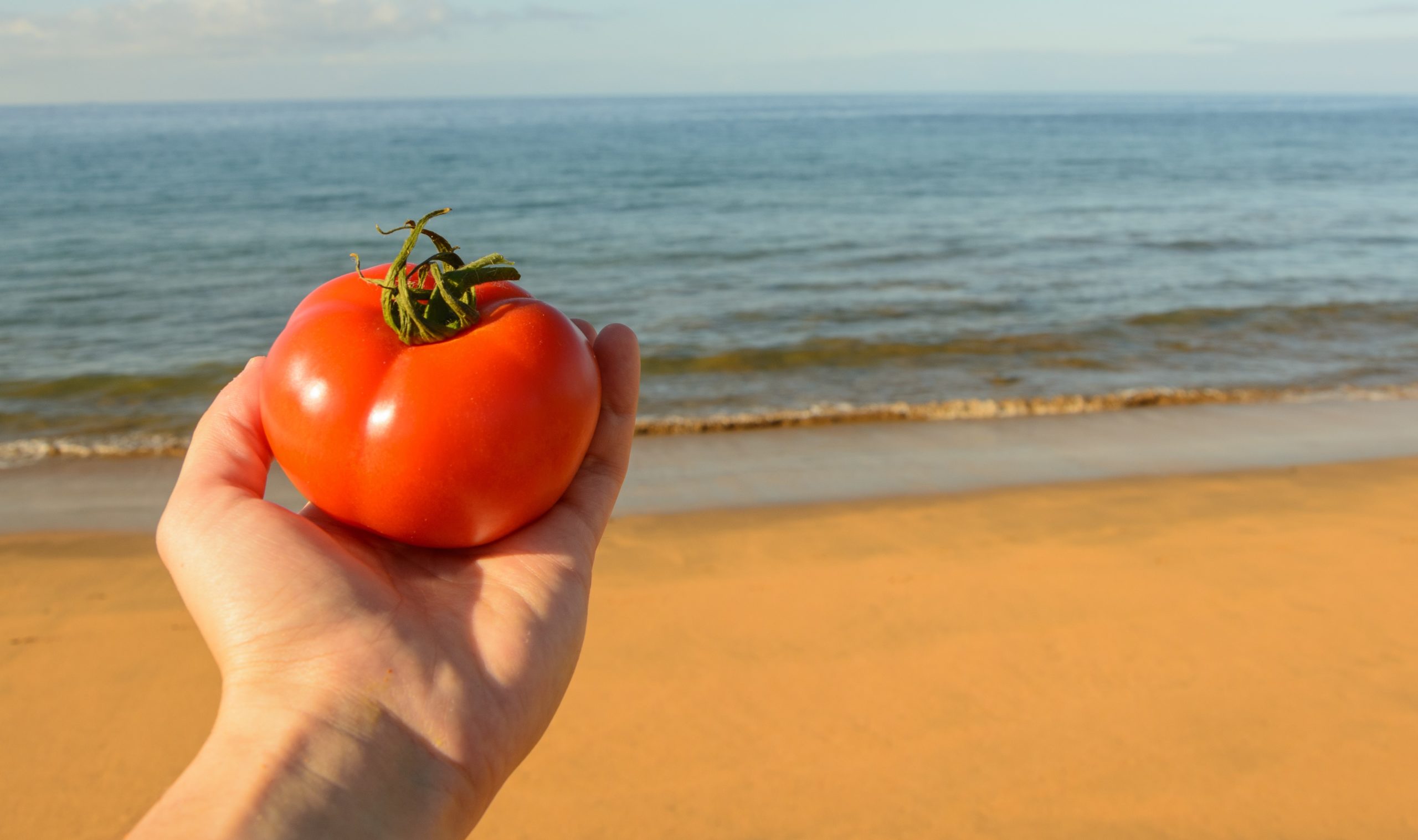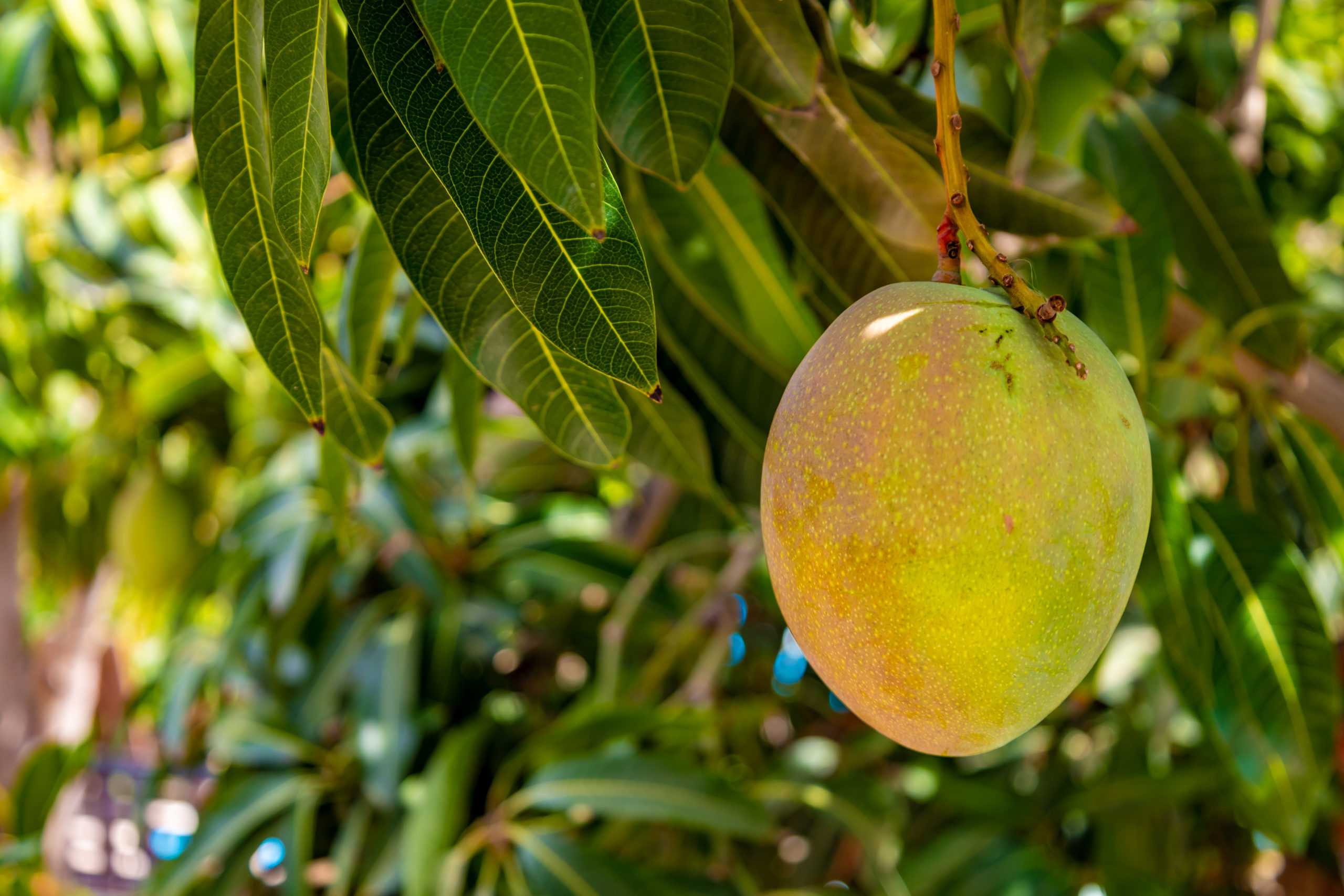The Canary Islands, an archipelago located off the northwest coast of Africa, have long been renowned for their stunning landscapes, pleasant climate, and vibrant culture. However, beyond their natural beauty and tourist attractions, the Canary Islands have also established themselves as a significant player in the global trade market. With a strategic location bridging Europe, Africa, and the Americas, the islands have developed a diverse range of export products that contribute significantly to their economy. Let’s delve into the top five exports of the Canary Islands, showcasing the economic prowess and unique opportunities this region offers.
Bananas
One of the most iconic and recognizable exports from the Canary Islands is bananas. The archipelago boasts ideal climatic conditions for banana cultivation, with ample sunshine and fertile volcanic soil. The unique combination of these factors has allowed the islands to become a major supplier of high-quality bananas to European markets. The subtropical climate also contributes to a longer growing season, ensuring a consistent supply throughout the year. Bananas from the Canary Islands are known for their rich flavour, vibrant colour, and superior quality, making them a popular choice among consumers.

Tomatoes
Tomatoes are another significant export from the Canary Islands. The islands’ volcanic soil provides a nutrient-rich environment that enhances the flavour and quality of the tomatoes. With the help of advanced agricultural techniques, the Canary Islands have managed to cultivate high-value tomato varieties that are in demand across international markets. The islands’ strategic location allows for efficient transportation, which ensures that the tomatoes reach European markets while still retaining their freshness and taste.

Tropical Fruits
The Canary Islands are home to a diverse array of tropical fruits that thrive in their unique climate. Mangoes, papayas, and avocados are among the exotic fruits that are cultivated and exported from the region. These fruits have gained popularity due to their exceptional taste, nutritional value, and the distinct advantage of being available when Northern Hemisphere counterparts are out of season. The islands’ commitment to sustainable farming practices further enhances the appeal of these exports, as consumers are increasingly conscious of the environmental impact of their food choices.

Flowers and Plants
The Canary Islands’ favourable climate and soil conditions have also led to the flourishing of the ornamental plant and flower industry. The islands produce a wide variety of plants and flowers, including orchids, cacti, and tropical flora. These exports cater to the global demand for indoor and outdoor decorative plants, as well as rare and unique species that can thrive in diverse environments. The Canary Islands’ expertise in horticulture and their ability to grow plants that are resilient and visually appealing have made them a key player in this international market.

Wines and Spirits
In recent years, the Canary Islands have been gaining recognition for their wines and spirits. The volcanic terrain and distinct microclimates across the islands contribute to the cultivation of unique grape varieties. These factors, combined with traditional winemaking techniques and modern advancements, result in wines with distinct flavours and characteristics. Moreover, the Canary Islands’ production of rum and other spirits also adds to their export portfolio. The islands’ spirits industry benefits from the use of local ingredients and traditional distillation methods, making their products sought after by connoisseurs around the world.

The Canary Islands’ exports encompass a diverse range of products that highlight the region’s agricultural prowess and natural advantages. From bananas and tomatoes to tropical fruits, flowers, and wines, the islands have carved a niche for themselves in international markets. Their commitment to quality, sustainable practices, and innovation ensures that their exports continue to captivate consumers across the globe. As the Canary Islands balance their economic endeavours with preserving their unique ecosystem, they stand as a prime example of how a region’s natural attributes can drive its economic success on the global stage.
